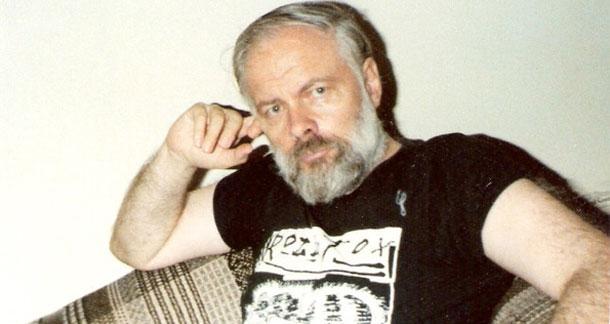“16 superbly written, often surreal stories of misogyny, blood, anger, agony, and abuse. Bruce’s stygian tales are technically accomplished, but also powered by a profound depth of feeling. They often compel and overwhelm at the same time. Like the cover art by Catrin Welz-Stein, This House of Wounds is both beautiful and horrific.” PAULA GURAN, LOCUS
“The stories in This House of Wounds are richly allegorical, formally innovative, thought-provoking and ambiguous. All the things I love, in other words.” NINA ALLAN
“Bruce is the real deal. This House of Wounds is an essential read across all genres… It is a compulsive, powerful collection… a debut to behold.” BLACK STATIC
“This is an eminently impressive debut collection of sixteen stories that showcase the author’s virtuosity, range and potential… This collection establishes Georgina Bruce as a genuinely original writer.” INTERZONE
“Bruce’s collection of feminist, fantastical short stories has something to please nearly every taste. Bruce’s knack for ethereal tales that cut straight to the core of what it means to be a human (and specifically a woman) will delight readers who enjoy a smattering of the supernatural and blurred edges of reality.” PUBLISHERS WEEKLY
“An astonishing, totally absorbing debut collection. Edgy, disturbing and delicious in equal parts. Georgina Bruce plays with myth and horror beautifully.” KERRY HADLEY-PRYCE
“The stories in This House of Wounds strike me as both an emotional and intellectual examination of pain, from how it spreads and is passed on to others to how it can easily turn us into different, crueller creatures. Each act formed in pain leads to another, then another, and this makes for twisted, beautiful reading. Georgina Bruce is a courageous and compelling writer.” ALIYA WHITELEY
“Ms. Bruce is not one for linear narrative or an easy distinction between reality, dreams, analogy, art, intoxication and self-deceit. In many ways the whole book is an exploration how we distance ourselves from reality, and from ourselves. A truly astonishing achievement.” STEWART HORN
“Very bloody, disturbing, female-centric and gorgeously-written – I would recommend it to you!” TRACY FAHEY
“Oh you are in for a treat. One of the best debut collections I have ever read. The Bruce is a genius.” JIM MCLEOD, Gingernuts of Horror
“This House of Wounds is simply a gorgeous book, with ravishing cover art by Catrin Welz-Stein to complement the contents. Fairy-tale motifs abound – Red Queens, sorcerous crows, Princess Beasts, Woods Kings – yet they’re frequently jump-cut past the reader in fragmented, discontinuous, subjective glimpses, like a mystic marriage of Angela Carter with J.G. Ballard. And the beauty and glitter is frequently the sparkle of streams of blood or the shine of polished bone – the wounds are there, laid bare and held open by retractors for probing and examination. This absolutely is not horror per se, but it touches on horror territory persistently. It’s anything but pedestrian.” PAUL ST.JOHN MACKINTOSH, author and journalist.
“Your book gave me nightmares.” PENNY JONES, reviewer and author of Suffer the Children.








